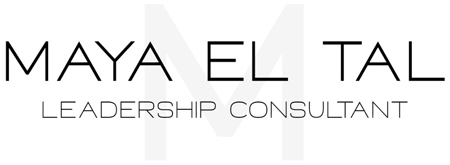Regardless of one’s profession, the work environment is at often times stressful and demanding. Employers and employees alike face the challenge of meeting high demands with limited resources. This can lead to one feeling pressured, demotivated, and can cause a general loss in morale at the workplace. Professional coaching helps tackle these challenges by empowering individuals through the development of their leadership potential helping them to engage in their work more passionately and with a renewed fervor.
Research has provided ample evidence of the positive impacts that coaching can have in an organizational/business domain. It has been shown to: increase job satisfaction by increasing morale, promote professional development, and to foster creativity, innovation, and team spirit. Its sole purpose is to maximize potential and to instill in an individual a thought-provoking process that encourages them to confidently venture into new ideas with far greater gumption and resilience.
Professional coaching is a collaborative relationship that renounces the problem-focused approach and shifts to a solution-focused approach. The skills that the coach works on developing in an individual is versatile and can be adapted to any setting regardless of one’s profession and the coach’s expertise, or lack thereof, in that profession. Coaching works on pursuing challenging goals and facilitating sustained personal and organizational growth. Coaching also works on enhancing one’s communication and public speaking skills by cultivating a renewed sense of confidence and empowerment. It can help employees navigate organizational politics through active listening and being able to accept constructive criticism from supervisors and colleagues.
In today’s hectic and demanding workforce, restoring confidence and morale among employees can drastically aid in overcoming organizational challenges and demands.

